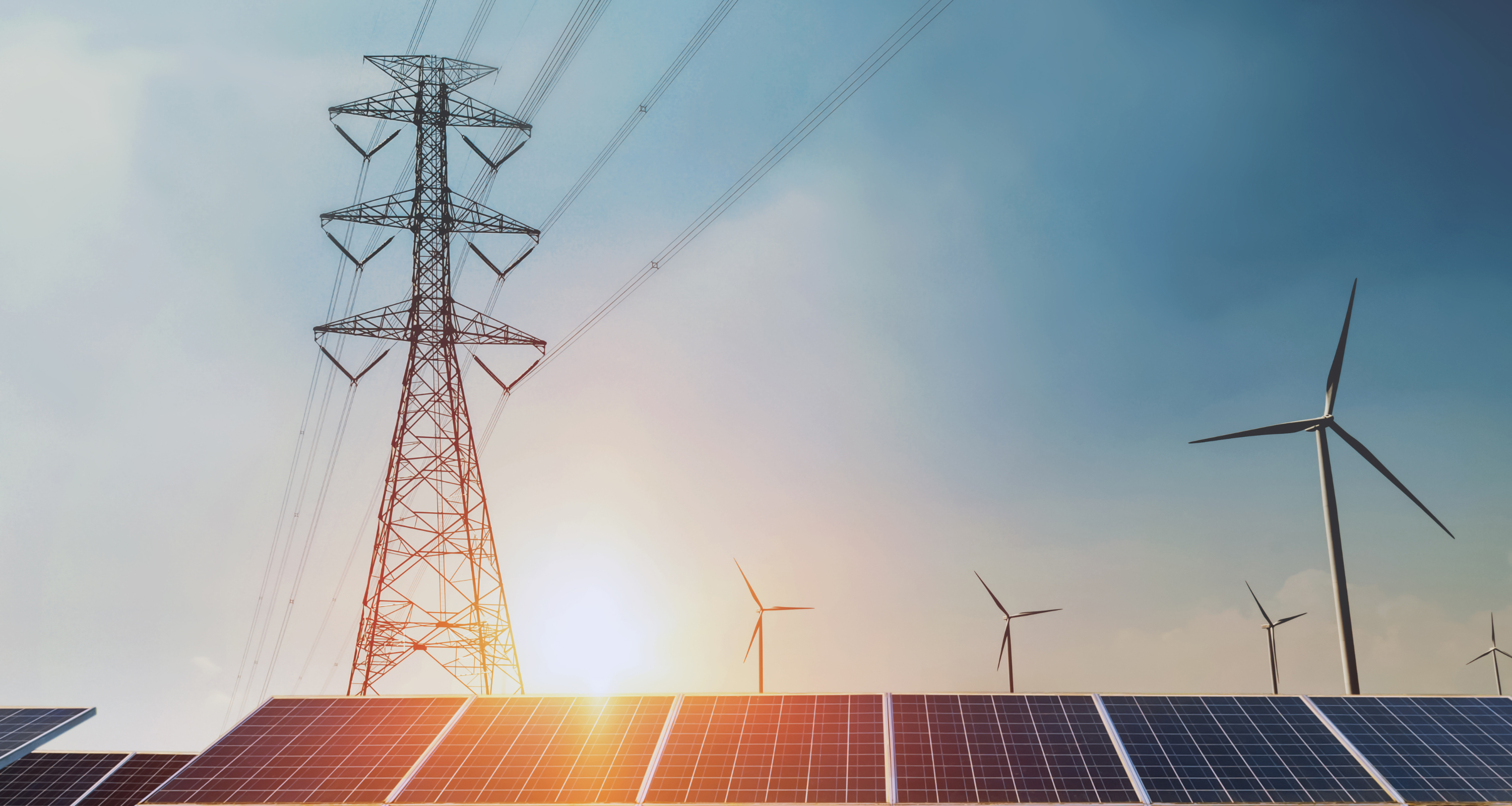- Grid Infrastructure
- Project Finance
- Tax Incentives & Appropriations
- Transmission & Power Markets
- Blog
ACORE’s US-Canada Renewable Energy Forum Highlights Climate Week NYC
On Thursday, September 22nd, ACORE presented the US-Canada Renewable Energy Forum, with the support of the Canadian Consulate in New York, Brookfield Asset Management and Phillips Lytle, LLP. Held during Climate Week NYC, the forum discussed recent policy developments and worked to identify opportunities for collaboration and cross-border projects to increase the development of renewable energy in the United States and Canada. The forum was attended by over 70 people representing a diverse mix of financiers, developers, policy experts, government representatives and NGOs.
This forum occurred at an especially auspicious time for renewable energy. There is a clear global consensus that climate change is occurring as a result of human activities and emissions of greenhouse gases must be drastically reduced if the world is to avoid the worst effects of climate change. In order to address this challenge, 191 countries came together in Paris last December and negotiated a historic agreement to limit greenhouse emissions. More recently, during the same week as ACORE’s forum, the United Nations General Assembly gathered for the first time since the Paris meetings and 31 nations submitted paperwork to ratify the agreement, bringing the total number of ratifying countries to 60.
The US-Canada Forum was also a logical follow-on to the “Three Amigos Agreement” reached in June by President Obama, Canadian Prime Minister Trudeau, and Mexican President Nieto. These world leaders pledged that North America will collectively generate 50% of its electricity from carbon-free resources by 2025. Notably, the agreement also dedicates the three countries to support the development of cross-border transmission projects to increase the reliability and flexibility of the North American power grid and allow for even greater penetration of renewable electricity.
Against this backdrop, industry leaders gathered for the US-Canada Renewable Energy Forum to focus on increasing cooperation between the two countries. At the beginning of discussions, speakers recognized the importance of electricity in our modern way of life and its critical role in almost every daily activity. It is therefore not only important to ensure the reliable delivery of electricity to customers, but also to work to ensure that producing electricity has the smallest possible environmental impact. In order to achieve the twin goals of reliability and environmental stewardship, attendees agreed that greater cooperation between the U.S. and Canada (and Mexico) is essential to encourage each country to harness and maximize the use of their natural renewable resources.
Canada is already working towards a carbon-free generation portfolio and is currently generating approximately 84% of its electricity from non-emitting sources, comprised of 63% hydropower and over 2% wind generation. The United States is also de-carbonizing its power generation sector through the expansion of wind and solar power and transitioning from coal to natural gas. Last year, the United States generated approximately 30% of its electricity from non-emitting sources.
Speakers agreed that in addition to the important international commitments made by both countries, state-level policy in the U.S. is driving the need for greater cooperation. New York already imports 10-15% of its electricity from Canada, most of it hydropower, and New York’s recently announced Clean Energy Standard will likely require the importation of even greater amounts of Canadian hydropower for compliance. Additionally, states in New England will also require large amounts of hydropower in the future. Massachusetts recently enacted an energy bill, for example, directing the state’s utilities to enter into long-term power purchase agreements for off-shore wind and hydroelectricity, and Vermont amended its renewable portfolio standard to require 75% renewables by 2032. Since these states lack access to Midwestern wind and off-shore wind is still getting under way, they will need access to other sources of renewable power.
The importation of hydropower from Canada would not only allow these states, and others, to meet their aggressive renewable energy targets, but could also help integrate greater levels of intermittent renewable sources such as wind and solar. Hydropower would be part of an overall renewable energy blend and allow states to back up wind and solar generation with carbon-free hydropower generation instead of using natural gas (similar to the Great Northern Transmission Project being undertaken by Minnesota Power and Manitoba Hydro). This would not only lead to a greater overall reduction in emissions but would also allow states to deploy more wind and solar as hydropower could be deployed to fill in any gaps. Turning this vision into reality will require a coordinated effort to renew existing infrastructure, build additional transmission capacity and align policy to ensure imported hydropower is not excluded from compliance mechanisms.
Finance experts pointed out that American and Canadian investors are already investing in renewable projects on both sides of the border and there is a growing trend of Canadian banks and investment funds investing in U.S. wind and solar projects. The long-term extensions of the Production Tax Credit and the Investment Tax Credit have been critical to the continued growth of the wind and solar industries. As a result of these extensions, significant capital is expected to flow into the country over the next 24 months.
Much of this capital will come from Canadian banks that have significant U.S. operations and therefore tax liability to use for tax equity financing. Other capital will be invested in debt and equity investments by Canadian pension funds and other large institutional investors. Canadian utilities and corporations are also investing in U.S. projects and/or acquiring the projects from the developers. This trend is expected to continue as Canadian companies are beginning to recognize the big opportunity that exists to invest in high-quality projects with attractive returns.
The United States and Canada have long shared a special relationship and deep economic ties. Attendees agreed that it is in the best interest of both countries to maintain and expand this relationship. The deeper integration of the U.S. and Canadian power sectors will allow both countries to tap their unique renewable resources, drive capital investment and economic growth, and will also help them meet the commitments made in Paris Climate Pact and in the Three Amigos Agreement.
Join leaders from across the renewable energy sector.

What will our next 20 years look like? Here’s the truth: they’ll be better with ACORE at the forefront of energy policy.
Shannon Kellogg
Amazon Web Services (AWS)
